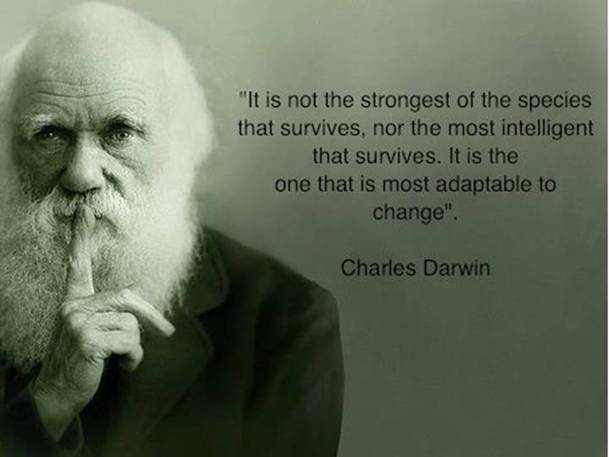Old Rocks
Diamond Member
Until someone is presenting groundbreaking science in the places where scientists do their work, it is meaningless. Talking to a reporter about how you're going to bring down the scientific establishment without producing the work is akin to standing on a street corner with a sign proclaiming "the End is Near!"
Produce the work that "Darwinism" is wrong and convince the scientific community.
"...Talking to a reporter about how you're going to bring down the scientific establishment..."
Produce the reference to bringing down the scientific establishment. You made that up, didn't you.
BTW....providing proof that Darwin's theory is wrong is child's play.
Convincing children who are programmed to accept without question....that's another story.
LOL. So scientists have been blindly supporting a false theory for 150 years? When you have something of substance to show, give us a call. Thus far, you have presented nothing worthy of even the National Enquirer.




